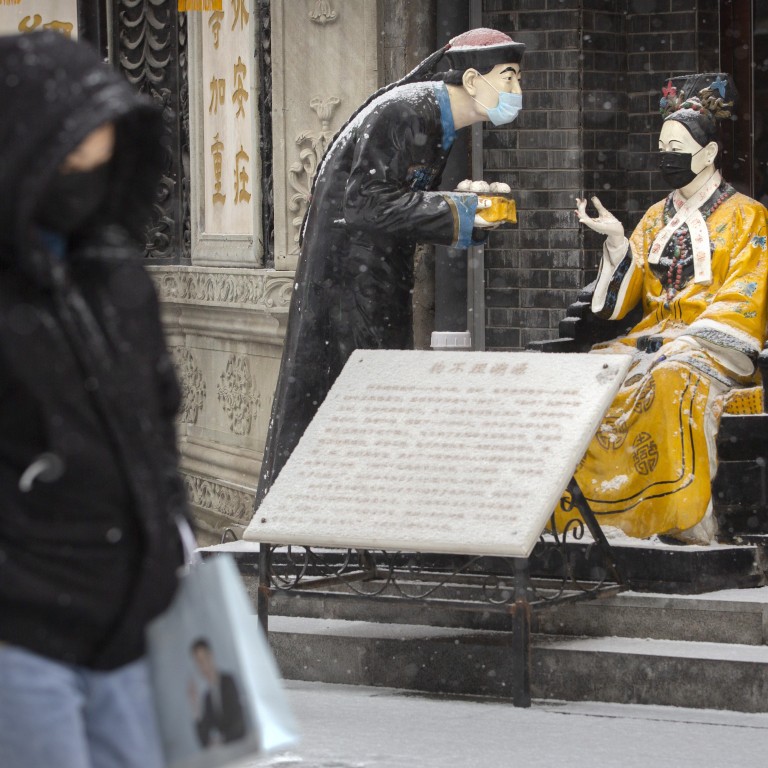
Letters | What is China not telling the world about the novel coronavirus?
Yet in August 2015, Nature – perhaps the most respected of all scientific journals – published a report titled: “A Sars-like cluster of circulating bat coronaviruses shows potential for human emergence”.
The inescapable conclusion is that even at this time of emergency, some key information is being withheld.
Arthur Waldron, Lauder Professor, University of Pennsylvania
No excuse for xenophobia against Chinese
The unprecedented hysteria over the novel coronavirus pneumonia outbreak highlights mostly the prejudicial ignorance of those seeking to condemn Chinese individuals as carriers of some deadly plague.
Ignorance is no excuse for hatred and, when this virus has faded away, the nations of the world owe the people of China two words: “We’re sorry”.
Mark Peaker, The Peak
Hospital strike was pro-Hong Kong, not anti-government
I disagree with Yonden Lhatoo’s claim that this was a continuing campaign of the anti-government protest. The hospital strike was to fight for a shutdown of the border between mainland China and Hong Kong in hopes of reducing the spread of the virus.
But shutting down the border means no one who has been in mainland China can cross over into Hong Kong, no matter their race or nationality. This can only protect local citizens and ease the unnecessary burden on Hong Kong medical staff.
This is not a continuation of the anti-government protests but an attempt to protect Hongkongers from suffering.
Edna Lau, Tseung Kwan O
Amid virus fears, tear gas battles continue
Eight months have passed, yet nothing has improved. Even as the potentially deadly virus spreads, people dissatisfied with the government have not stopped going out to protest and voice their opinion. Riot police cruelly used tear gas and arrested Hongkongers young and old for wanting to commemorate the death of a university student.
Zoie Ng, Tsui Lam











